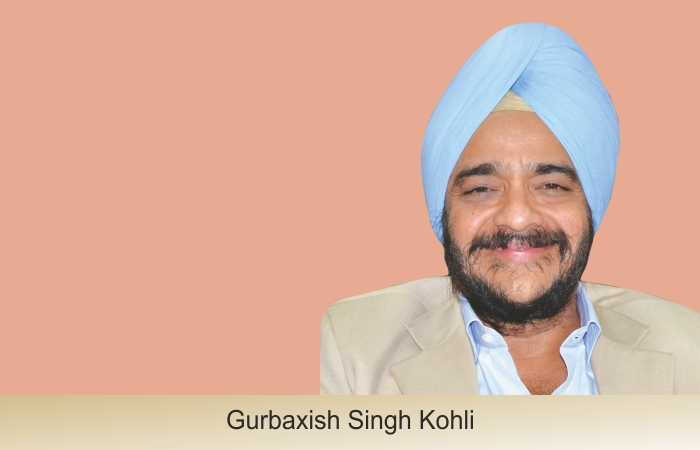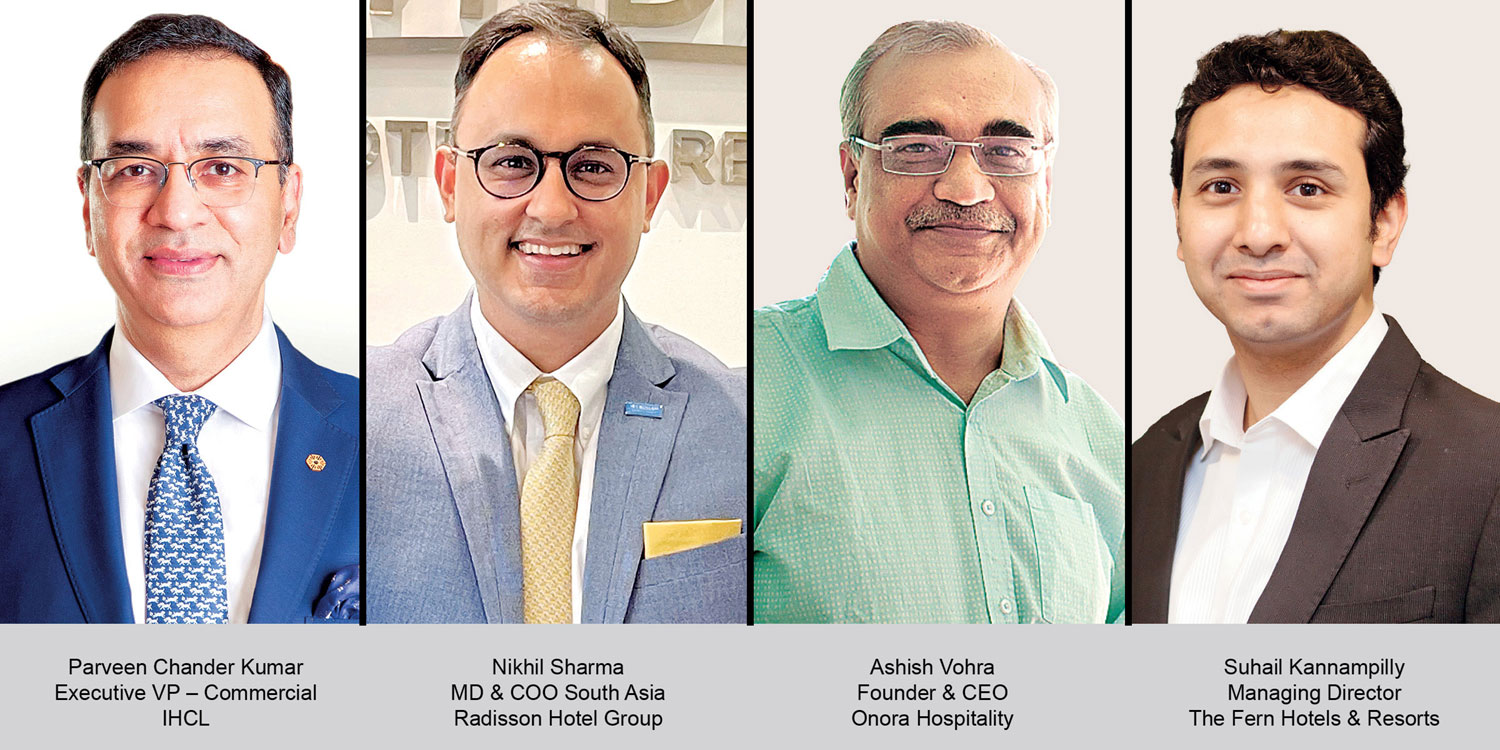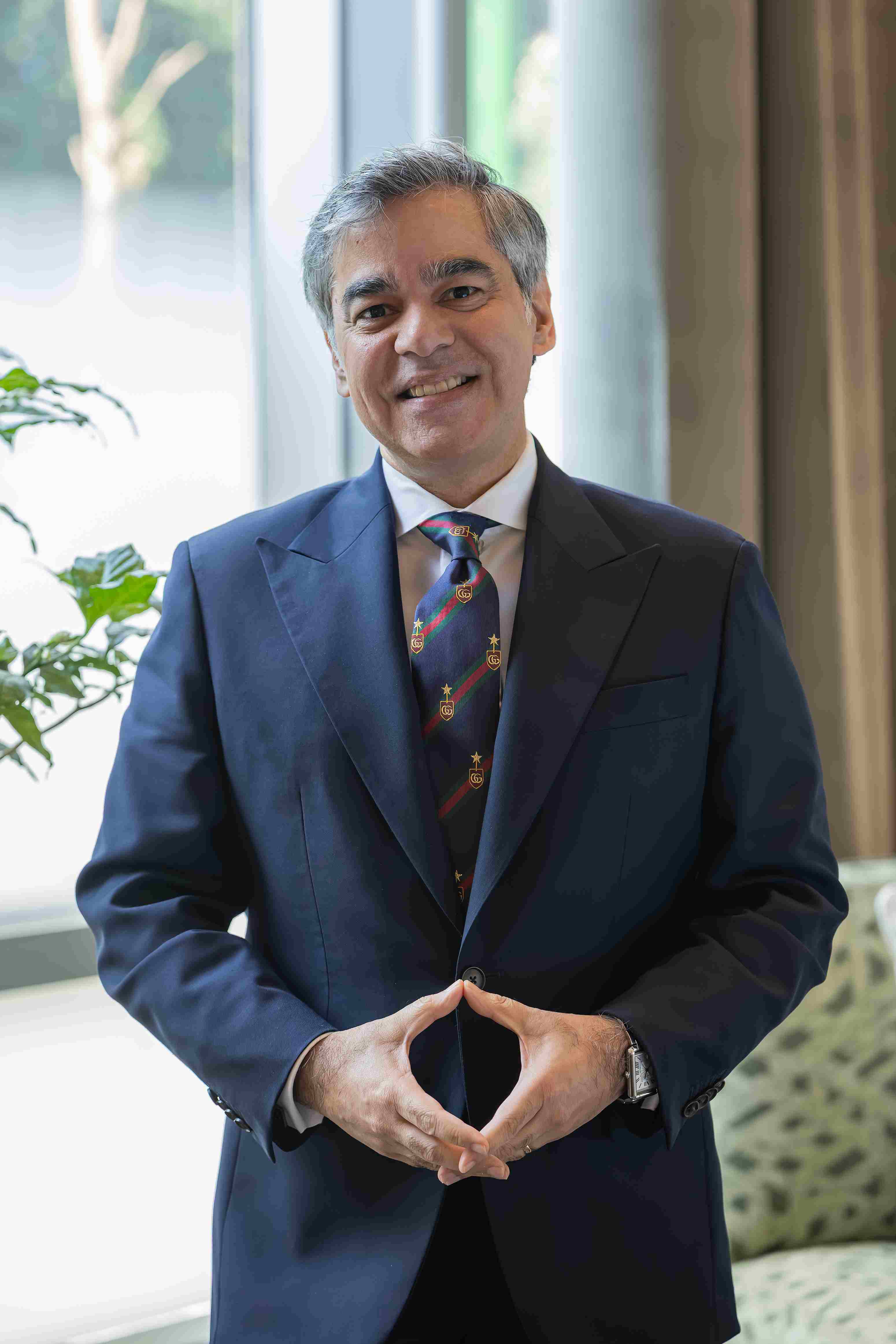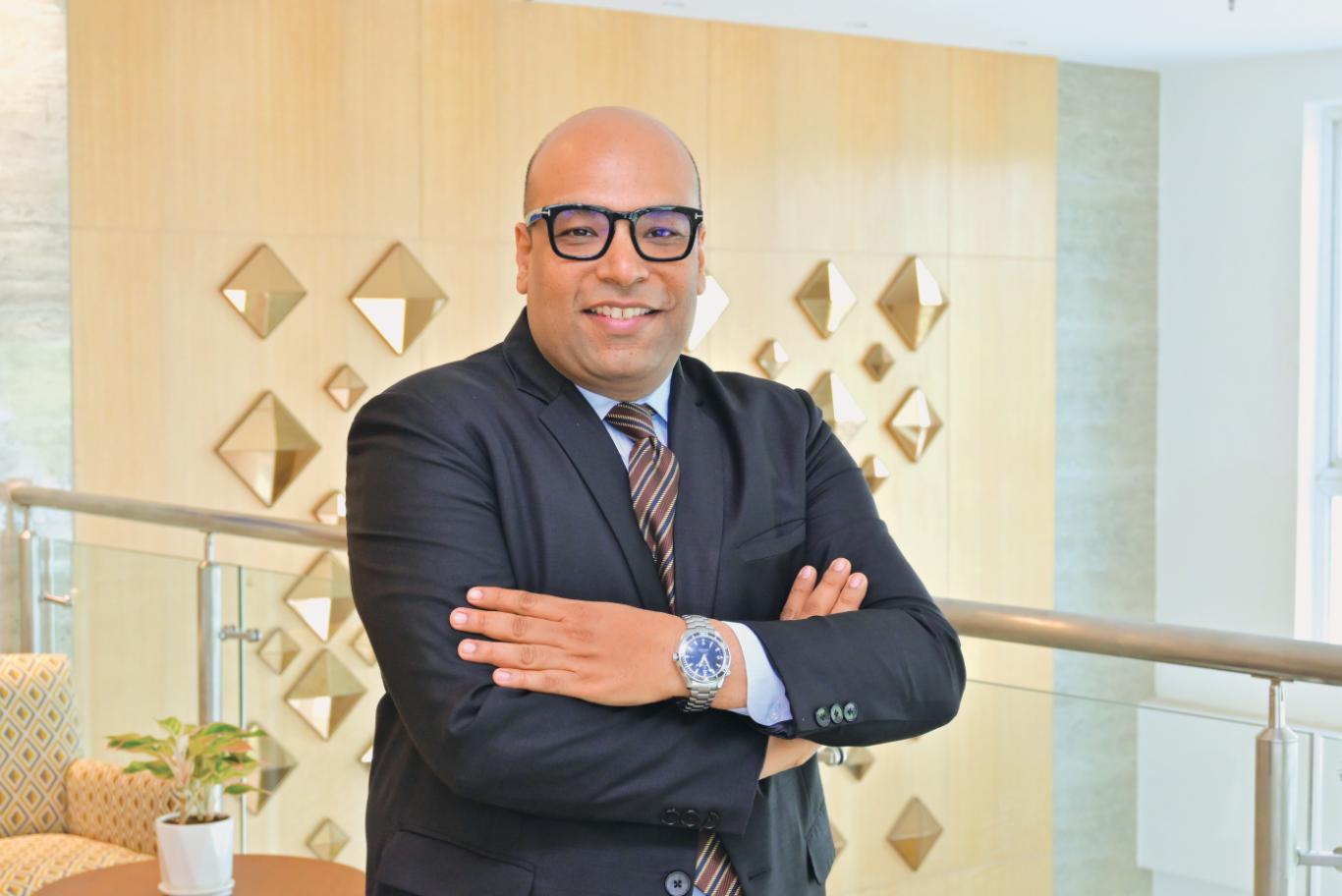FHRAI claims that hotels in Delhi-NCR have been requisitioned for treatment of COVID-19 patients and attached with hospitals without any contract. It seems the government has not paid heed to the revenue, staff and infrastructure of hotels before taking the decision.
Nisha Verma
Gurbaxish Singh Kohli, Vice President, FHRAI (Federation of Hotel and Restaurant Associations of India) claims that hotels, if attached to hospitals, would not only be compromising on their businesses now, but also in the future. “There will be a stigma attached in the tourists’ mind regarding these properties,” he says, adding, “Tourists are going to be apprehensive about booking rooms in a property that was used for quarantining COVID-19 patients. This will impact the bookings of such hotels that were requisitioned, and these hotels will have to work hard on an entire process of reputation management. Also, the hotels that are being requisitioned for the purpose are being requisitioned only partially and not completely. We have no idea why that is. This means that hotels cannot utilise the rest of their property with COVID-19 patients on the premises. This then raises the question of whether there is a need to requisition so many hotels rampantly. Meanwhile, it is also quite surprising that government-owned hotels like Ashoka, Samrat and Centaur are not being requisitioned. Ideally, these should have been the first to be taken over rather than requisitioning privately-owned hotels.”
Overall maintenance being compromised
Kohli says that hotels are being taken over without any information or SOPs on certification of disinfection or cleansing. “There is nothing concrete and at present, it is entirely up to the hotels to look out for themselves. Hotels do have their own SOPs for COVID-19, but that is for staff training and guest management. Our properties are not hospitals. Hotels do not have the infrastructure required to provide critical and specialised care that is available in healthcare facilities. Our staff is neither skilled nor equipped to handle or treat patients. We are as fearful as the common man and without providing us training or even health insurance, we are being expected to accommodate COVID-19 patients,” he says
Not a word on revenue
Since nothing is outlined with regards to how hotels will co-ordinate with hospitals, there is no talk of how the revenue for hotels would be decided, says Kohli. “All that we have been given to understand is that a hotel property will be attached to a hospital and that is about it. Even with regards to revenue sharing or payments, there is no clarity. Our industry, which is severely cash-strapped, has not received any stimulus or help and to add to our woes, no payments have been received till date for the hotels that have already been requisitioned. It is a normal and accepted practice in hospitals to take large advances and not treat patients until there is a sizeable deposit tendered first. We hope that the government realises that we are not equipped to handle patients,” he opines.
Staff security
To top it all, there is nothing mentioned for the welfare of staff. “The government has neither provided staff, skilled or otherwise, nor health insurance, which is most important in a case like this. It has not given transport solutions either for our staff to travel to work and back home. We are of the opinion that hotel staff should not and cannot be forced or coerced to attending patients. As it is, hotels are facing an acute shortage of staff. Moreover, the government has not indicated that it will take any liability or eventuality after the requisitioning of the hotel property, which makes us worried,” adds Kohli.
Feasibility and compliance
The arbitrariness with which the order has been issued, keeps them from complying with it. “FHRAI has advised that the state must ordinarily also requisition nursing homes, medical facilities and other hospitals and polyclinics, which have the required infrastructure, before requisitioning hotels. There are many spaces such as government-owned hotels, auditoriums and spaces in clubs and governmental facilities in every state. In Delhi, the Vigyan Bhavan with its plenary hall has a seating capacity of over 1200. It also has six smaller halls with capacities of up to 375 and a huge exhibition hall as well. With its proximity to facilities and its huge capacities, it is the right facility to turn into a hospital rather than private hotels,” he suggests.
Future strategy
Asserting that the government needs to realise that hotels are ready to start operations but not as hospitals, he says, “We request that the goverment allow us to start operations immediately. The airline industry is operating with zero social distancing, with travellers sitting in close proximity for prolonged hours. We once again request the government to act immediately and allow us to start operations.”
Grievances
- Hotels being requisitioned partially leaves rest of the space unutilised due to the scare of COVID spreading
- No information or SOPs on certification of disinfection or cleansing
- No clarity in revenue sharing or payments
- Hotel staff, already scarce, neither trained nor skilled to handle patients
- Lack of infrastructure to provide critical or specialised care
- No indication that government will take liability of eventuality after requisitioning the hotel
 TravTalk India Online Magazine
TravTalk India Online Magazine





